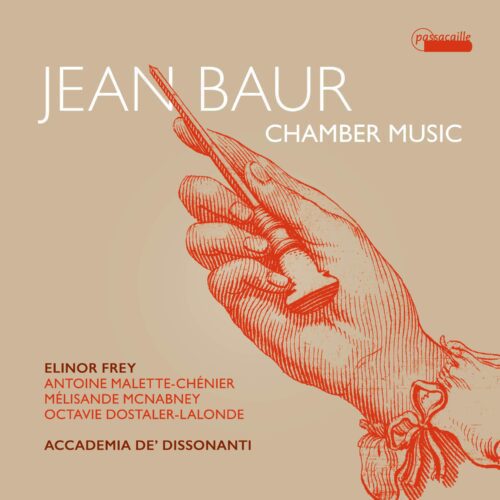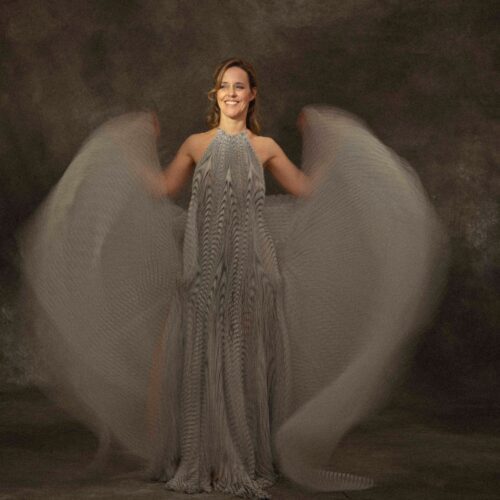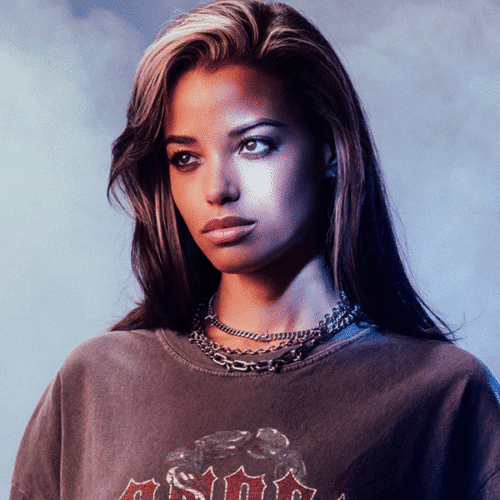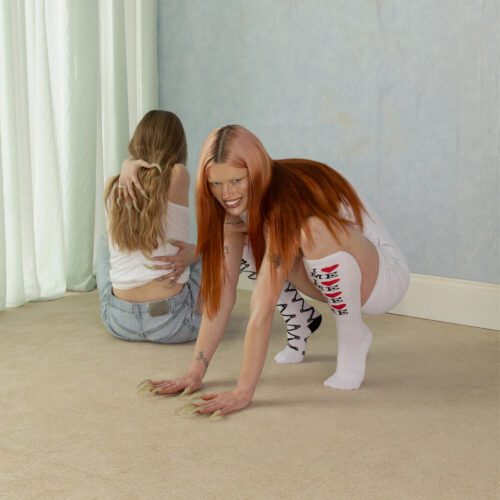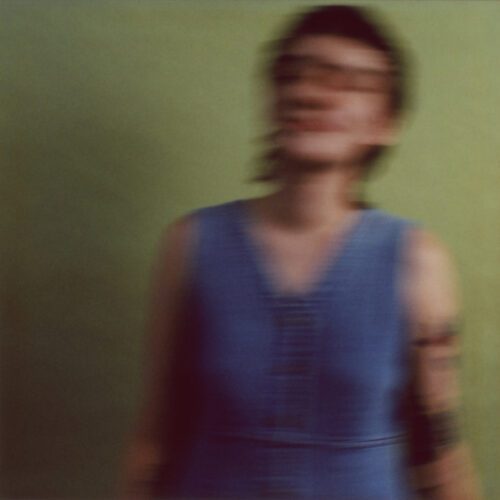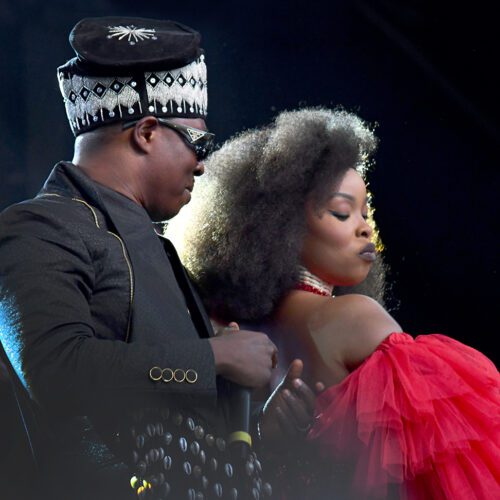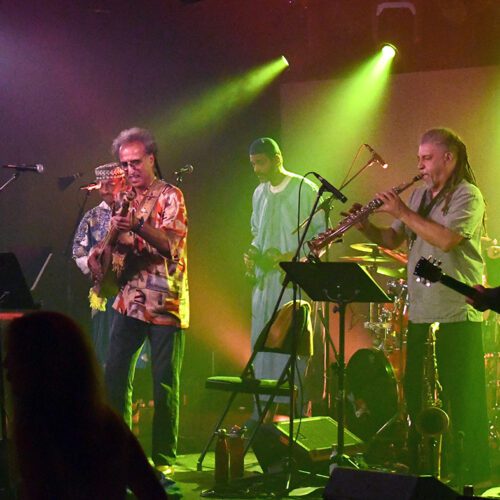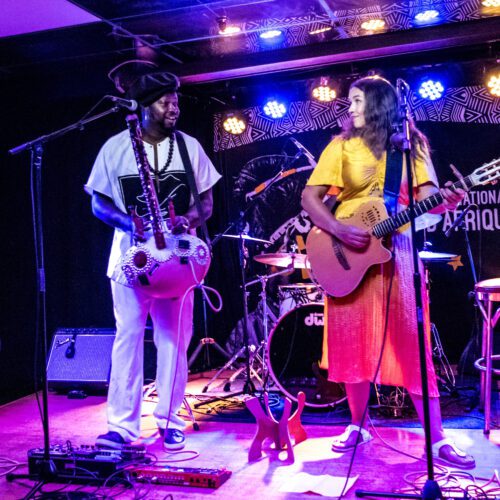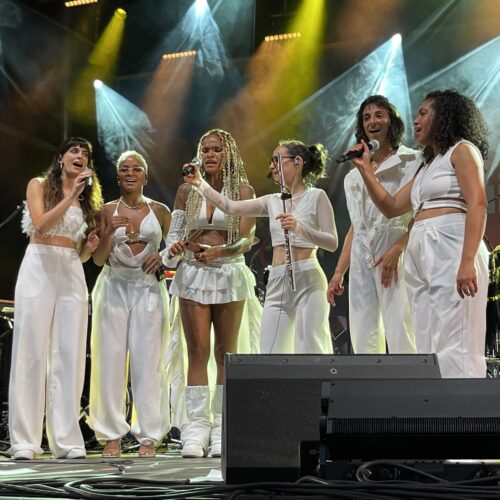This is to correct a serious mistake: that of having missed this important musical release last June. The life of a music lover/critic is difficult, you know. You get tons of albums and then, in one of life’s proverbial cracks, flop! one of them disappears. You find it later and after a good slap on the forehead, you listen to it with even more attention (I know: there is worse….)!
That’s what I did with Jean Baur – Chamber Music, presented by the always excellent cellist Elinor Frey. I could almost have written this review without listening to the album and using only positive comments, with the same result as now, as the Quebec artist is remarkably assiduous and consistent in the quality of the projects she undertakes. But, of course, I would have failed in my duty of rigour and integrity, and, above all, missed out on listening to another remarkably performed, eruditely documented and perfectly recorded album. What’s more, this is the first album devoted entirely to the music of this composer, largely forgotten since his death sometime after 1773.
What else is there to say except that Elinor is pursuing her mission of clearing out the repertoire of the early decades of the cello, emancipated from its strict role as an accompanist. The 17th and 18th centuries are very rich in this respect, and the artist’s past discoveries, in the attics of libraries in Italy and Germany, are repeated here in France.
Jean Baur was a harpist, but we suspect he was also a cellist, this hypothesis is supported by the fluidity and ease of his writing for the instrument. We can guess that he knew the cello well, perhaps intimately. So here we have some very fine works for cello, but also for harp, in more or less extended form. Duos and trios make up the lion’s share of the programme, with music that is frank and elegant, stripped of the usual frills typical of the French style. This is why I readily associate Mr Baur’s writing with the Italian aesthetic (for the simplicity of the melodies, and their very direct character), without however being an outspoken representative of it, since his scores are much more the stuff of the distinguished salon than the back-alley swagger of the Italian equivalents of the time. In contrast to the incandescent fire of the Latins, and their propensity for spectacular effects, Baur writes with a concern for the courtesy of the rhythms and the emotions aroused.
Elinor Frey is accompanied by Antoine Malette-Chénier on harp, Mélisande McNabney on harpsichord and fortepiano, and Octavie Dostaler-Lalonde on cello. Together they form what sounds like a brand new group, Accademia De’ Dissonanti, to whom we wish a long and prosperous life (Spock would totally agree).
The album was superbly recorded at Domaine Forget, Charlevoix, Quebec.
